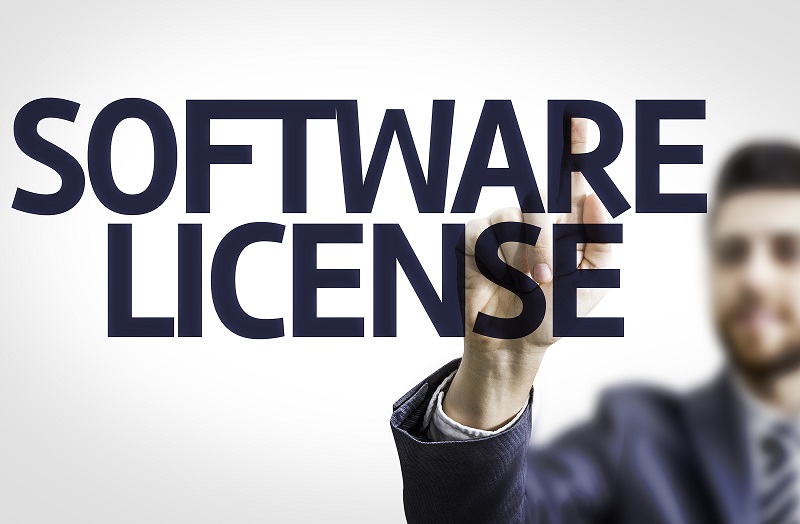Ensuring Software Integrity: Why Genuine Licenses Are Considered Non-Negotiable
In the quickly evolving world of software, software has become an crucial part of our daily lives and business operations. As companies and individuals rely more strongly on applications to boost productivity, streamline processes, and promote innovation, the importance of genuine software certifications cannot be overstated. These authorizations not only serve as a legal agreement between the software developer and the user, but they also ensure the reliability, security, and efficiency of the program being employed.
Using genuine software authorizations is vital for safeguarding your capital and protecting your networks from potential risks. Counterfeit or pirated software may appear like a affordable solution at the outset, but it typically comes with concealed costs such as security vulnerabilities, deficiency of professional support, and the risk of lawsuit repercussions. In the following article, we will explore the reasons why acquiring authentic software certifications is imperative for individuals and organizations alike, highlighting the key role they play in maintaining software integrity and creating a safe digital space.
The Significance of Software Licensing
Software licenses are vital for defining the legal use of computer programs, which safeguards both the developers and the users. By specifying how software can be employed and shared, these licenses ensure that creators are compensated for their work while offering users with the rights and limitations associated with the program. This structure helps encourage innovation and enables the ongoing progress of high-quality software solutions.
Furthermore, authentic software licenses play a critical role in upholding the stability of technology systems. Unauthorized or illegally obtained software can lead to many hazards, including risks to security, lack of stability, and absence of support. Licensed software is consistently updated and upkeep, providing consumers a dependable and secure experience. This guarantee is vital for organizations that depend on software for their regular functioning.

In addition to protecting creative works, licenses help create a equitable ecosystem. When companies invest in authentic software, they contribute to a viable ecosystem where developers are motivated to produce and upgrade their services. This shared investment leads to better software quality and various choices for clients, ultimately benefiting the industry as a whole.
Consequences of Using Illegal Software
Using pirated software can lead to significant legal repercussions for users and businesses alike. Software piracy is in violation of the law, and those caught using unauthorized licenses may face penalties or even litigation. Businesses may also find themselves at risk if their employees utilize unauthorized software, potentially resulting in expensive litigation and damage to their reputation.
Beyond legal issues, illegal software can expose users to a variety of security risks. Unofficial versions often lack critical updates and patches, leaving systems vulnerable to malware and cyberattacks. Additionally, these unauthorized copies may contain covert harmful software designed to capture sensitive information or interfere with operations, resulting in further financial and operational loss.
Finally, the use of illegal software undermines the integrity of the software industry. When businesses lose income due to piracy, they face challenges in funding future development and advancement. activatusoftware.com can ultimately affect the standards and safety of software products on the market, leaving all customers at a drawback. Authentic software licenses are vital for a healthy ecosystem that encourages creativity and guarantees product reliability.
Best Practices for License Adherence
To ensure compliance with program licenses, organizations should establish clear policies regarding software use and acquisition. This entails creating an inventory of all software in use, noting their licensing terms and conditions. Training staff on the importance of adhering to these policies can help foster a culture of compliance and awareness. Regular audits of program usage against the inventory can identify any discrepancies and prevent unintentional violations.
It is also important to confirm that all software installations are conducted via official channels. Using trusted sources for program downloads minimizes the risk of inadvertently acquiring pirated or non-compliant versions. Additionally, organizations should utilize license management tools to streamline the monitoring and tracking of program licenses. These tools can automate compliance checks, generate reports, and provide alerts when licenses are nearing expiration.
Lastly, organizations should maintain transparent communication with program vendors. This not only helps in understanding the newest licensing changes but also provides insights into possible upgrades and support options. Engaging with vendors ensures that organizations are informed of their rights and responsibilities regarding licenses, ultimately supporting a compliant software environment.